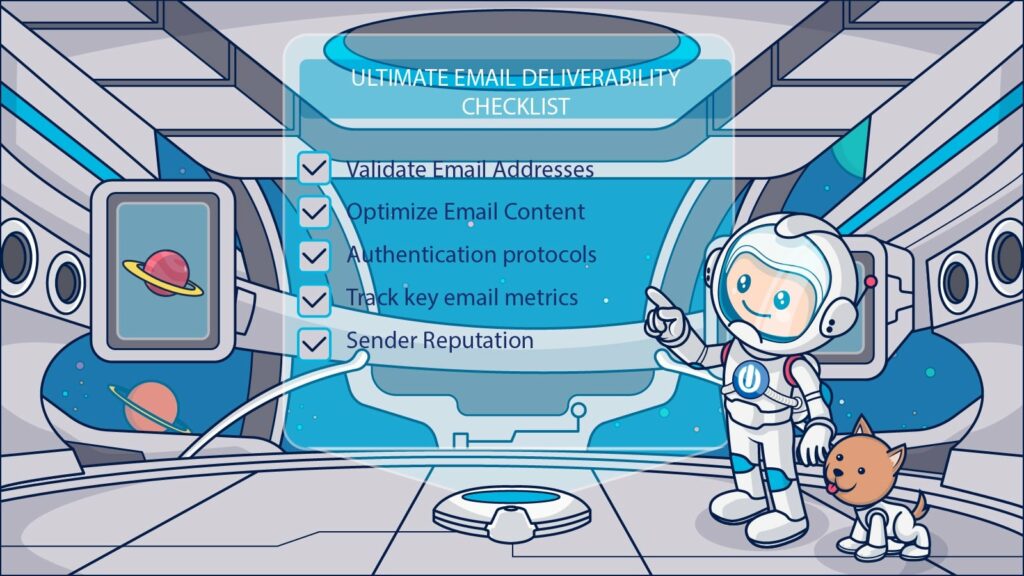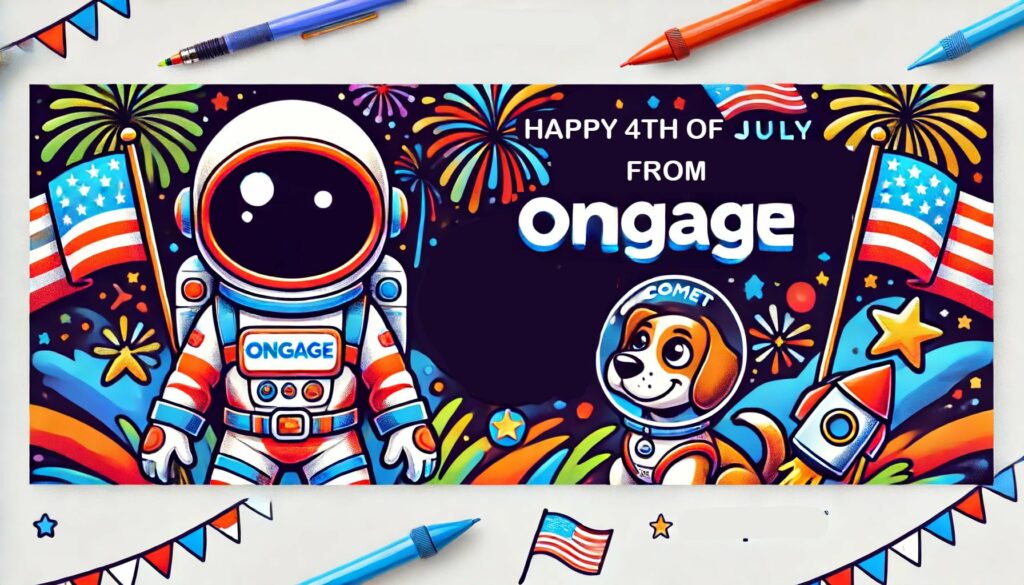That’s why we wrote the complete email deliverability guide! To improve any of your other metrics – sales, conversions, clicks, opens – your message first has to land inside the subscriber’s inbox. To improve your inbox placement, follow these five best practices for managing your database:
1. Use subaccounts for email list segmentation
I have yet to meet an email marketing professional who is served well by sending all subscribers the same message. We all segment email lists to a certain degree and keeping our email list clean is an art (and a science!) in and of itself. Many email marketers use subaccounts to manage different segments of their business. For example, an email marketing consultant may set up a subaccount for each client. A clientside email marketer may use subaccounts for transactional emails vs marketing messages. By using subaccounts for segmenting clients, business units, or mail streams, you can offer a different email marketing strategy to each subaccount. Personalizing your sending cadence, subject line and preview text strategy, sending domains, and other elements makes your messages more relevant to your subscribers and thus improves your reputation and deliverability.
2. Use microsegmentation for higher placement in inboxes
There are many ways to slice your email database for better segmentation and improved deliverability. Consider segmenting by demographics (location, age, gender, education level), persona, or company information (for B2B email marketers). Or, you could segment by activity like past purchases, buying frequency, or content types that have interested your subscribers in the past. Doing so enables you to deliver the right message at the right time to the right person and leads to trust-building and loyal engagement.
3. Optimize ESP management
Often, inbox placement can be improved by optimizing IP routing. In other words, send messages to your most engaged users with the IPs with which you want to build credibility and create the best sender reputation. One surefire way to improve inbox placement overall is to match audience engagement with the chosen SMTP/ESP IP. You may find a need to switch ESPs or simply employ multiple ESP/SMTPs for maximum deliverability.
4. Learn by tracking unsubscribes
In a previous post, we explored how unsubscribes are not to be feared because they have value that email marketers sometimes neglect. One benefit to having a very clear unsubscribe option is that it limits spam reports. When users who do not want to receive your messages unsub instead of marking as spam, your reputation remains intact and deliverability is not affected. Moreover, it has recently been proven that having more active subscribers improves inbox placement. Keeping only engaged subscribers on the list means you will inbox more messages. Thinking of your unsubscribe funnel as a journey will help you optimize it to better serve your users and help them customize their options to best serve them so that they remain engaged with your mailings.
Read more about improving email deliverability on our blog
5. Implement DMARC Authentication
Domain-based Message Authentication, Reporting & Conformance (DMARC) is an Internet standard authentication technology designed to ensure that senders are verified and authentic, thus diminishing inbox penetration for fraudsters. For example, using DMARC authentication, a receiving provider like Gmail can assure its users that that an email received from Ebay did indeed come from Ebay.com By implementing DMARC Authentication on your sending domain, you maintain a “gold standard” of authentic email marketing – in turn, the receiving ISP knows that your messages are protected by SPF (Sender Policy Framework) and/or DKIM (DomainKeys Identified Mail) standards. This gives them the assurance that your emails are authentic, thus greatly increasing their ranking and reputation for inbox placement.
The Steps Toward Deliverability
Recognizing the importance of improving inbox placement is an important first step. Following best practices like email list segmentation, DMARC authentication, and all those listed above is the journey you need to follow to ensure your messages are inboxed so that they can be opened, clicked, converted, and sold!














